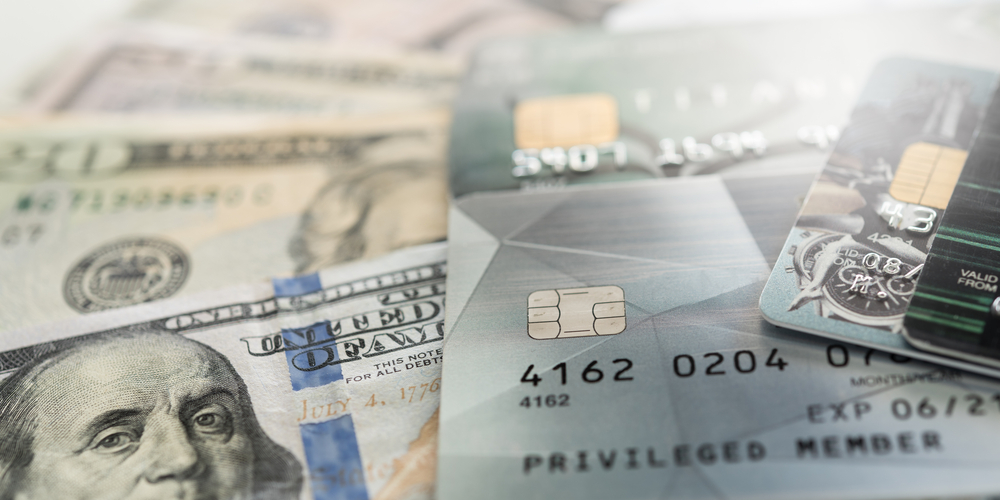One of my merchants, Sarah, has a tour company. She books tour events months in advance. She needs to reserve buses, restaurants, and hotels months in advance. She has cancellation penalties on those reservations. Her spots are limited on the tour as well, so if someone cancels at the last minute and she doesn’t refill the spot, she loses income. Sarah had a problem with her previous processor who found out after the fact that she takes credit card payment deposits months in advance of servicing that cardholder, and then cancelled her account.
On a credit card processing application, there is a specific question asked when a merchant indicates they will take most of their card payments over the phone, or over the Internet. The question is whether the product will be provided within 1 to 7 days, under 30 days, or over 30 days. The salesperson for that credit card processor was afraid of losing the sale, and therefore lied on Sarah’s application. He didn’t explain the situation correctly to Sarah or the processor and did a disservice to both, as well as to himself.
Merchants who take deposits months before a service is completed or a product is delivered have more refunds and chargebacks than merchants delivering products or services immediately. They are a higher risk. If the merchant can’t cover the return or loss of the chargeback, then the credit card processor must eat it. Therefore, card processors who underwrite these merchant applications naturally want to make sure the merchants they are about to approve for a merchant account have the finances to cover chargebacks. If they do, there is usually no problem with getting an approval for the merchant account. If their bank balance is low, and their credit score is low, the merchant account will not get approved for this kind of a merchant account.
These types of merchants like Sarah need to have the cash flow and finances to be able to handle those returns and chargebacks, even though they may have already invested time and money into the delivery of that service or product. Merchants beware: Have a contract explaining the terms of your agreement regarding refunds and cancelling services, and always get a signature on it from the card holder! You can use a digital signature. Should a chargeback occur, the processor will ask for a copy of the signed agreement, along with the credit card receipt to try and fight the chargeback for you.
Business owners are so used to taking credit card payments and seeing the money go into their checking accounts, that they think credit card payments are just like cash. But they are not. They are credit. The cardholder typically has six months to issue a chargeback.
To better understand the risk of taking credit card payments as deposits, contact Electronic Money Company, today!


